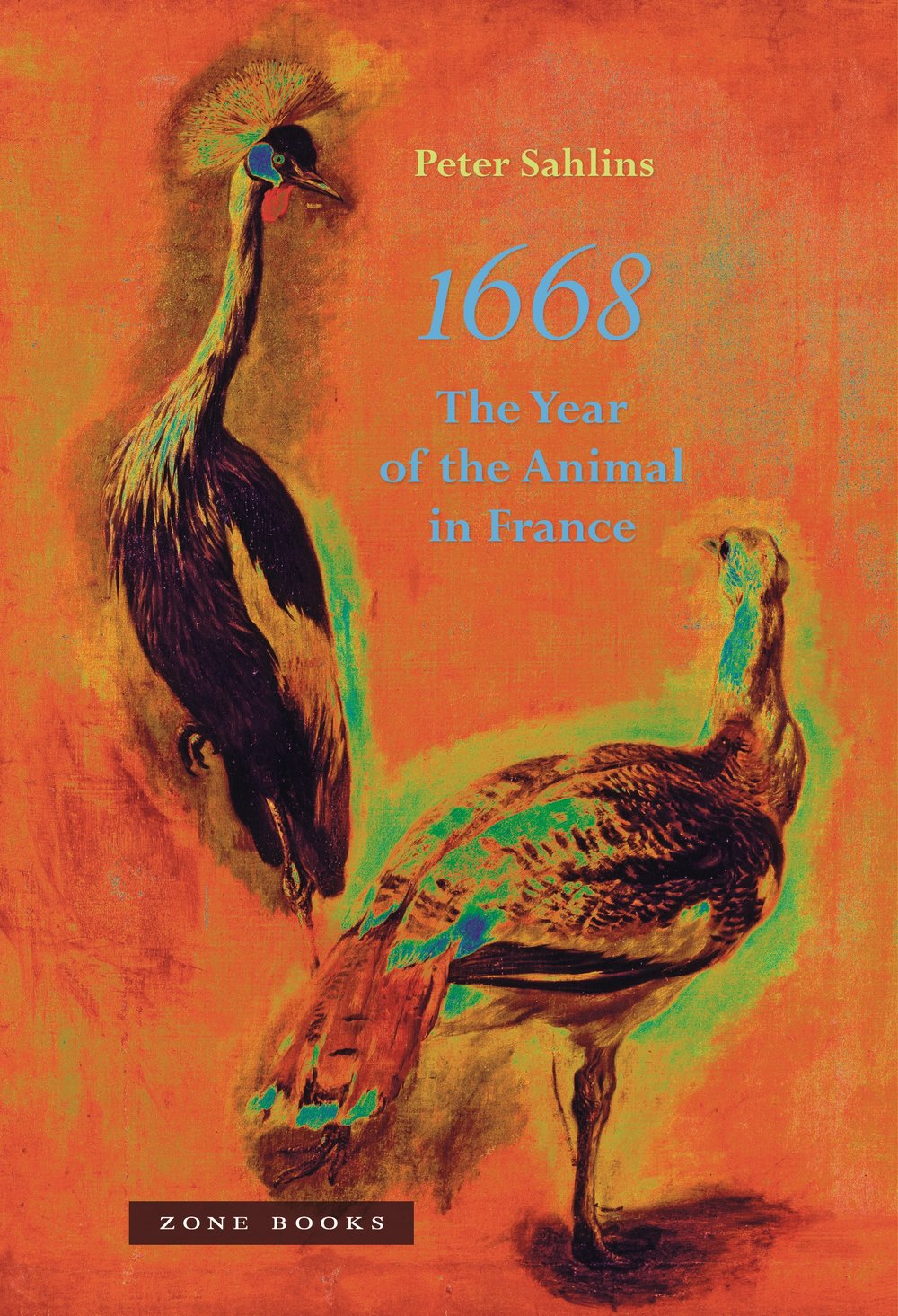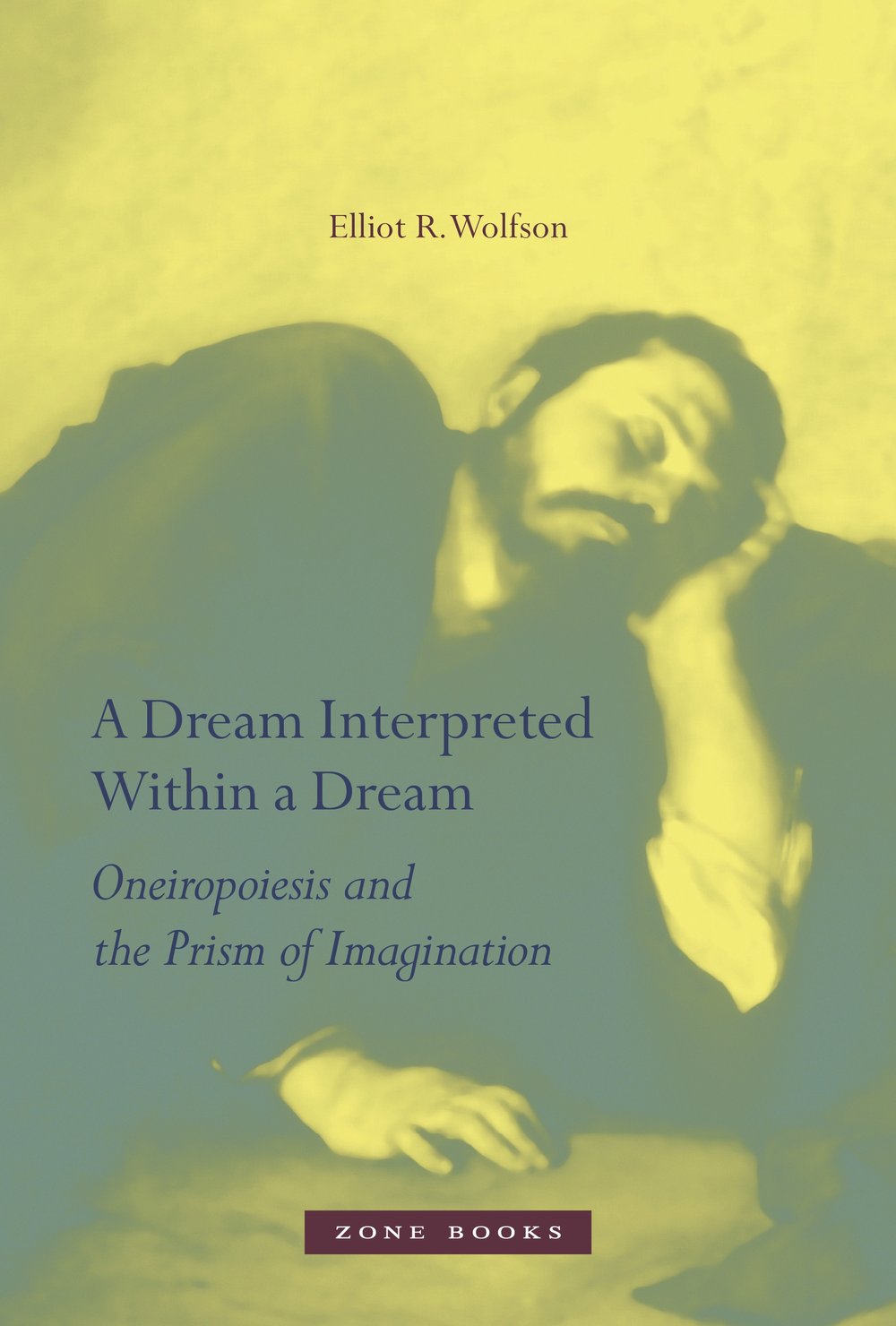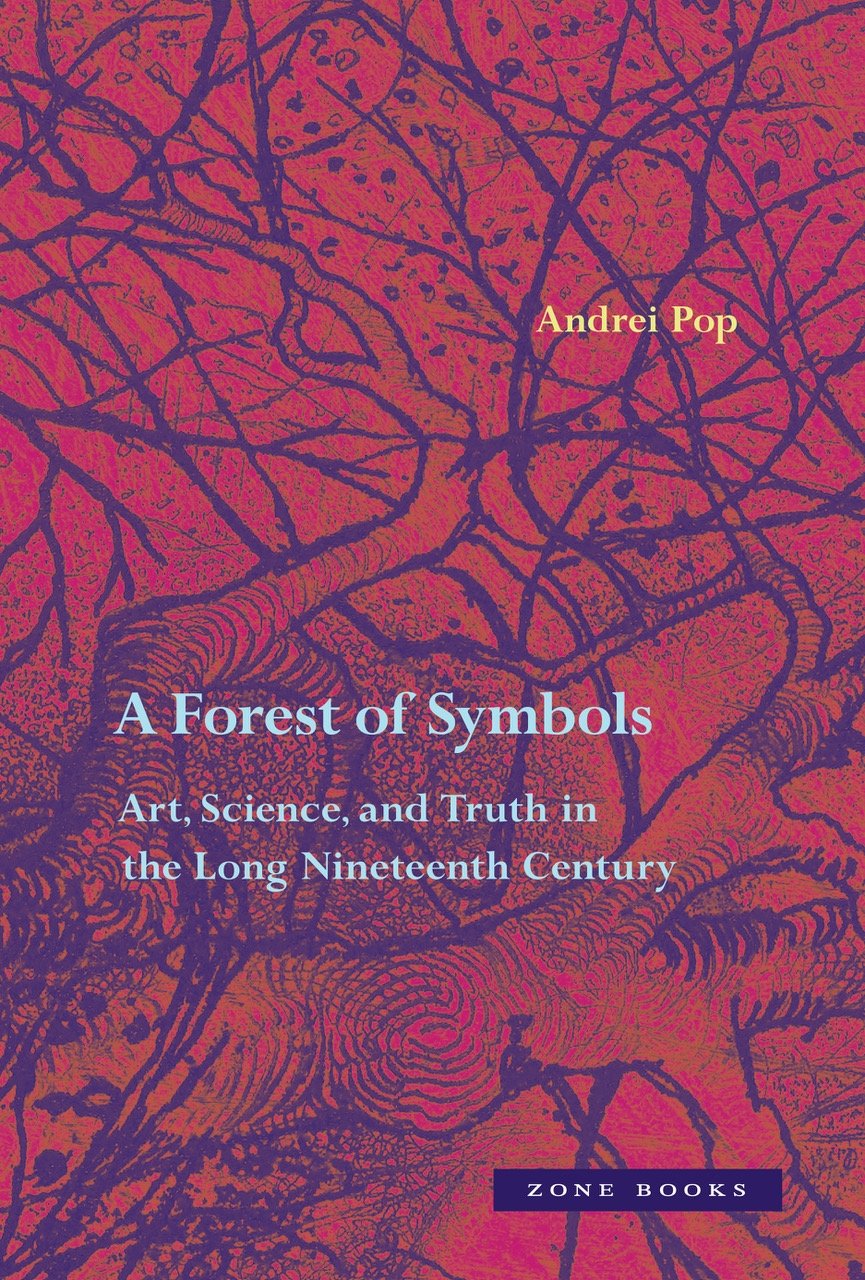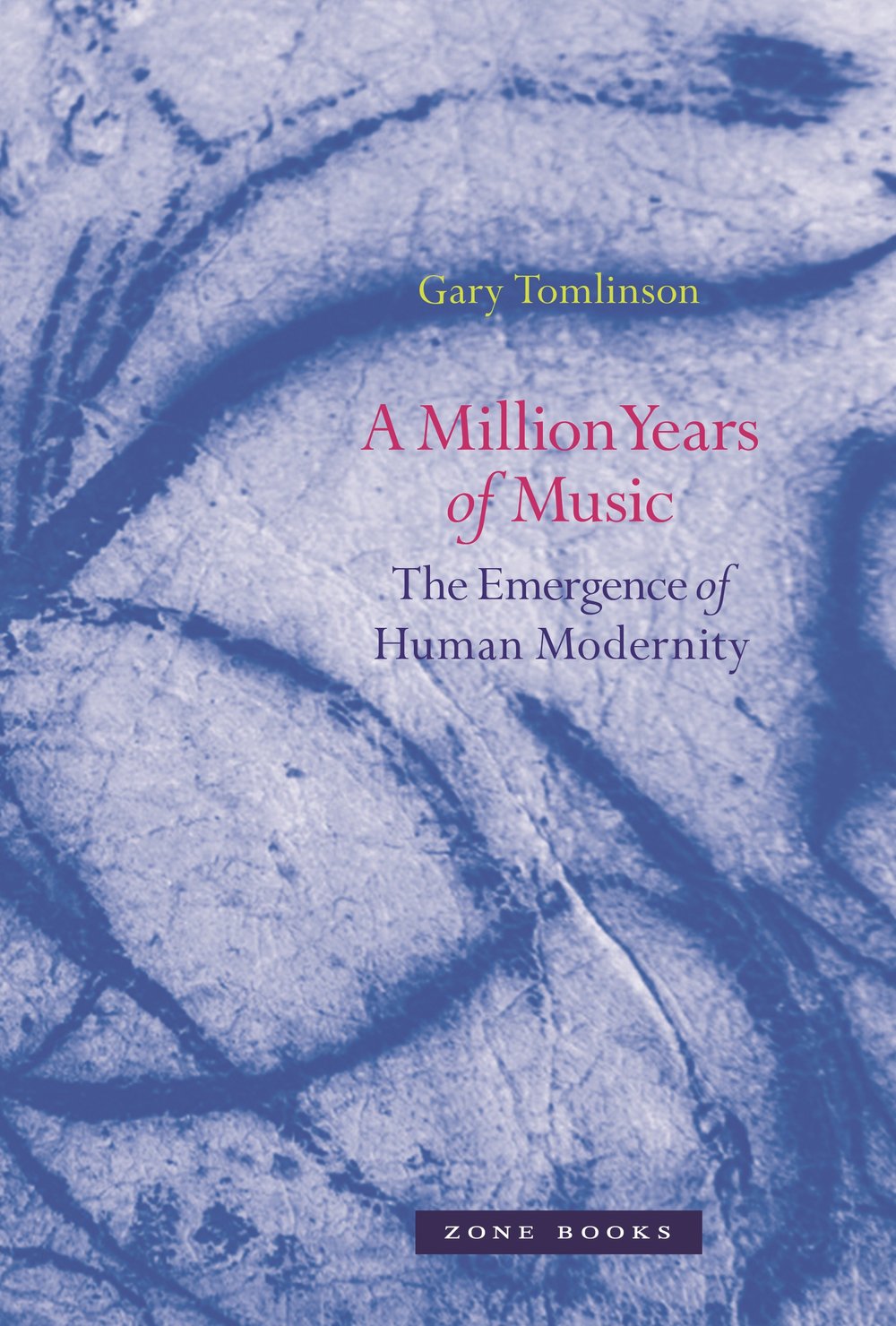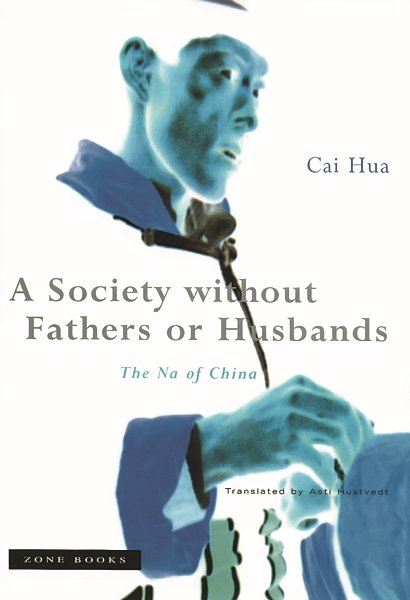A Thousand Years of Nonlinear History
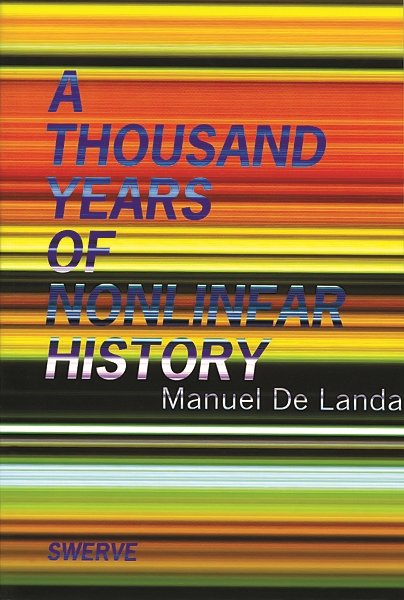
Following in the wake of "War in the Age of Intelligent Machines", Manuel De Landa presents a synthesis of historical development over the last one thousand years. The work sketches the outlines of a renewed materialist philosophy of history in the tradition of Fernand Braudel, Gilles Deleuze, and Felix Guattari, while also engaging the critical new understanding of material processes derived from the sciences of dynamics. Working against prevailing attitudes that see history as an arena of texts, discourses, ideologies, and metaphors, De Landa traces the concrete movements and interplays of matter and energy through human populations in the last millennium. The result is a study of human societies and their mobile, semistable forms: cities, economies, technologies, and languages. De Landa attacks three domains that have given shape to human societies: economics, biology, and linguistics. In every case, what one sees is the self-directed processes of matter and energy interacting with the whim and will of human history itself to form a panoramic vision of the West free of rigid teleology and naive notions of progress, and free of any deterministic source of its urban, institutional, and technological forms. Rather, the source of all concrete forms in the West's history are shown to derive from internal morphogenetic capabilities that lie within the flow of matter-energy itself.

